
The session aims to discuss approaches to setting and maintining healthy work/life balance whilst also managing the demands of their role. It will follow an open, discursive model and invite responses from ECRs with input from the academic leads.
By the end of the session, attendees will have acquired knowledge of models and techniques to healthy professional practice with regards to time management, wellbeing and working practices, and have had the opportunity to discuss their specific circumstances with peers and experienced academic mentors.
Work Life Balance Wednesday, 8th March 2023 16:00 – 17:00
Hybrid event: Talbot Campus/MS Teams
To book a place for this workshop please complete the Booking Form.
We hope you will be able to join us and look forward to meeting you
For any queries regarding the content of this session, please email David Green: dgreen2@bournemouth.ac.uk
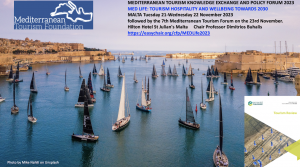

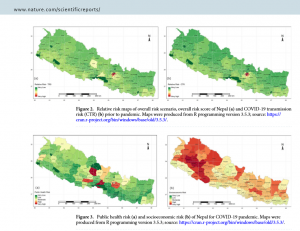

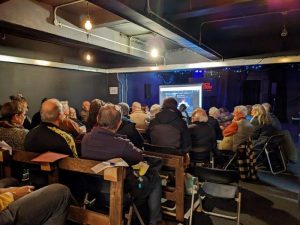
 RDS will host the annual UK Research Office virtual visit to BU on 26 April 2023. This will be organised as part of funding briefing series but will start at 12:30.
RDS will host the annual UK Research Office virtual visit to BU on 26 April 2023. This will be organised as part of funding briefing series but will start at 12:30.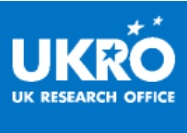
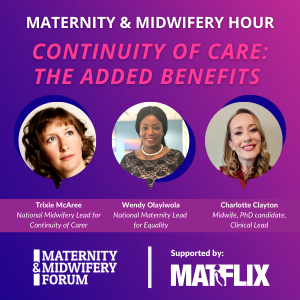
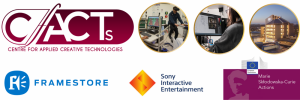
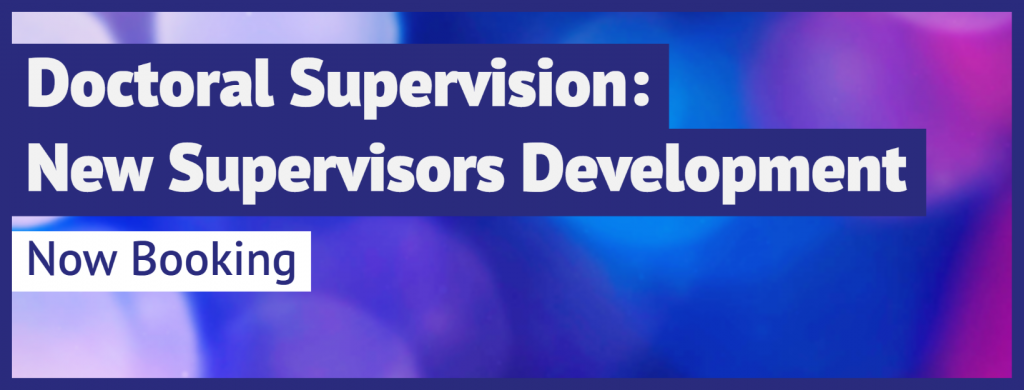

 Spatial memory is our ability to remember where things are, for example remembering where you put down your keys, or where you met a friend. Interestingly, our spatial memory is stronger when we have an emotional connection to a place or object.
Spatial memory is our ability to remember where things are, for example remembering where you put down your keys, or where you met a friend. Interestingly, our spatial memory is stronger when we have an emotional connection to a place or object.

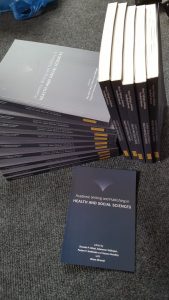

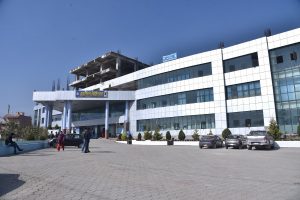 As part of the Erasmus+ exchange, Professors Vanora Hundley and Carol Clark were recently invited to discuss the importance of communication with nurses at
As part of the Erasmus+ exchange, Professors Vanora Hundley and Carol Clark were recently invited to discuss the importance of communication with nurses at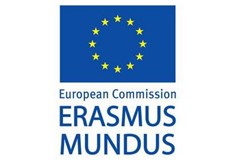 Manmohan Memorial Hospital in Kathmandu, Nepal.
Manmohan Memorial Hospital in Kathmandu, Nepal.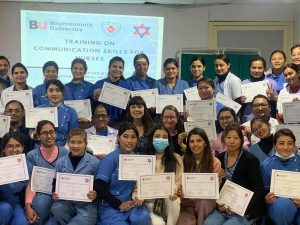 However, all reported that finding time to stop and listen to patients could be a challenge when the hospital was busy. The group participated in a number of exercises, which included role-playing to understand how it feels to be a patient entering the hospital.
However, all reported that finding time to stop and listen to patients could be a challenge when the hospital was busy. The group participated in a number of exercises, which included role-playing to understand how it feels to be a patient entering the hospital.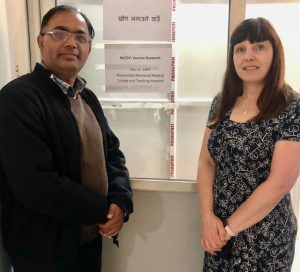 Dr Sujan Marahatta explained the process and discussed how the hospital was contributing to this important research.
Dr Sujan Marahatta explained the process and discussed how the hospital was contributing to this important research.










 REF Code of Practice consultation is open!
REF Code of Practice consultation is open! BU Leads AI-Driven Work Package in EU Horizon SUSHEAS Project
BU Leads AI-Driven Work Package in EU Horizon SUSHEAS Project Evidence Synthesis Centre open at Kathmandu University
Evidence Synthesis Centre open at Kathmandu University Expand Your Impact: Collaboration and Networking Workshops for Researchers
Expand Your Impact: Collaboration and Networking Workshops for Researchers ECR Funding Open Call: Research Culture & Community Grant – Apply now
ECR Funding Open Call: Research Culture & Community Grant – Apply now ECR Funding Open Call: Research Culture & Community Grant – Application Deadline Friday 12 December
ECR Funding Open Call: Research Culture & Community Grant – Application Deadline Friday 12 December MSCA Postdoctoral Fellowships 2025 Call
MSCA Postdoctoral Fellowships 2025 Call ERC Advanced Grant 2025 Webinar
ERC Advanced Grant 2025 Webinar Update on UKRO services
Update on UKRO services European research project exploring use of ‘virtual twins’ to better manage metabolic associated fatty liver disease
European research project exploring use of ‘virtual twins’ to better manage metabolic associated fatty liver disease